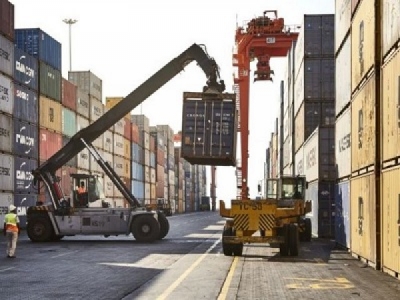
Posted on May 31, 2018
Potential investors in Djibouti and the Horn of Africa are being warned that corruption, debt and poor governance pose significant investment risk factors.
Last month Ethiopia reached a deal to take a share in the Port of Djibouti following the Djibouti government’s seizure of Doraleh Container Terminal (DCT) from DP World in February, however, a new report by new report by political and security risk consultancy Allan & Associates suggests that the cons outweigh the pros.
“Djibouti offers an attractive environment for investors in the Horn of Africa, but be careful how you tread,” said Allan & Associates senior analyst and Sub-Saharan Africa specialist Olivier Milland, author of ‘Investment Risks in Djibouti and the Horn of Africa’.
Growing corruption
According to Allan & Associates, the risk factors for Djibouti, which is seeking to become a Horn of Africa trans-shipment hub, include growing corruption concerns as the country has slipped in international indices for transparency and governance; poor macro-economic indicators, with public debt reaching 87% of GDP in 2018; and over-dependence on neighbour Ethiopia – 95% of Ethiopian exports pass through the port of Djibouti – and China, its top source of foreign investment.
The report also pointed to regional competition for contracts which may see national elites attempt to access rents from foreign investors; vulnerability to a global protectionist trend, driven by US President Donald Trump, due to a reliance on port traffic; Rifts between Gulf countries threaten stability of investments; and concerns over renegotiation of contracts under a new law and localisation.
In March, the US declared it would support Djibouti in strengthening governance and security in acknowledgement of its role in safeguarding sea trade and humanitarian aid.
Alternative investments
The report looks at discusses Kenya’s Mombasa, Lamu and Malindi ports as being alternative investment options, alongside Somaliland’s Port of Berbera, Puntland’s Port of Bosaso and Port Sudan. Ethiopia has invested in both Port Sudan and Lamu, but the report stresses that all African port investments carry their own risk.
Source: Port Strategy





